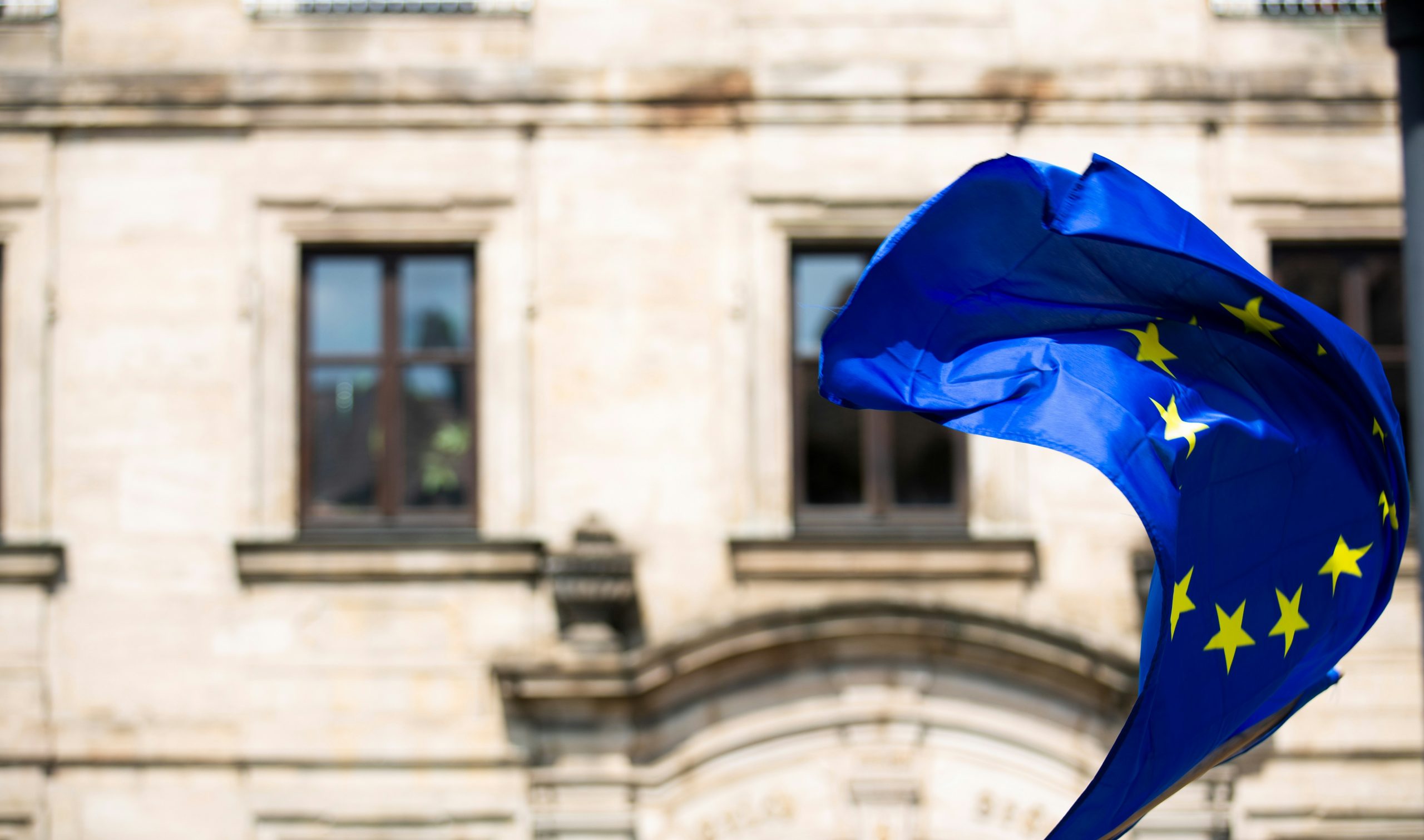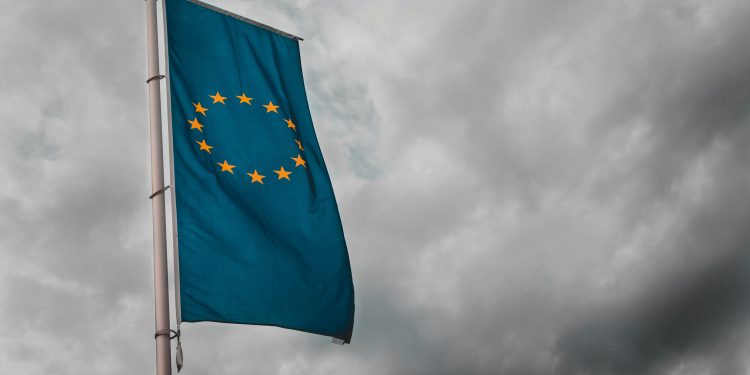The profound division among European Union foreign ministers over the war in Gaza is more than just a disagreement—it’s a damning indictment of the bloc’s foreign policy.
For an entity that prides itself on being a beacon of human rights and a global moral compass, its inability to present a unified front on a clear-cut humanitarian catastrophe is not just “problematic,” as EU foreign policy chief Kaja Kallas stated; it is a profound and dangerous failure of purpose.
Also, the EU’s lack of a cohesive voice renders it powerless on the global stage, allowing a horrific conflict to spiral out of control while its leaders engage in an embarrassing, public debate.

The Clash of Values and Economic Interests
The internal conflict on the Israel-Gaza war pits some of Europe’s most vocal moral umpires against its faithful traditional allies of Israel.
Nations like Ireland, Spain, Sweden, and the Netherlands are rightly demanding the suspension of the EU-Israel free trade pact, arguing that inaction is complicity. They see the humanitarian crisis in Gaza, with reports of famine and massive civilian casualties, as a moral red line that Israel has crossed.
In contrast, key players like Germany, Hungary, and the Czech Republic have rejected such punitive measures. Their refusal to impose even symbolic sanctions on their ally reveals a disturbing truth: the EU’s values are often secondary to economic and geopolitical interests, a hypocrisy that undermines its entire foreign policy framework.
The fact that ministers could not even agree on a “lenient” proposal to curb Israeli access to an EU research-funding program shows how deeply paralyzed the bloc has become.
What’s The Way Forward?
The EU’s current approach—or lack thereof—is not working. The time for empty statements and impotent hand-wringing is over. The European Union is Israel’s biggest trading partner, with a relationship worth nearly $50 billion annually. This is immense leverage, and the EU must use it.
The solution to this paralysis is not a weaker, watered-down policy, but a unified one rooted in the very principles the bloc claims to champion. The EU Foreign Ministers must present a single, non-negotiable demand: a lasting ceasefire and full access for humanitarian aid.
Failure to comply must result in meaningful economic pressure, including a suspension of the free trade pact. If the EU cannot act as a collective now, then it will have no credibility to act on any global crisis in the future. The lives of thousands of Palestinians, and the long-term stability of the Middle East, depend on the EU finally finding its unified voice.

















